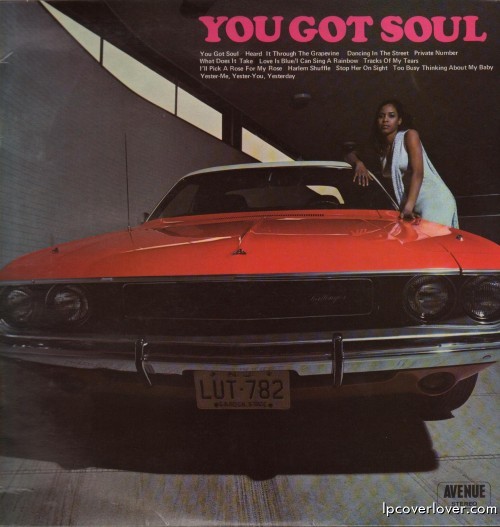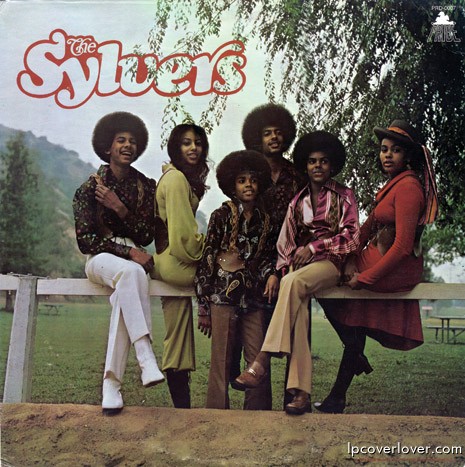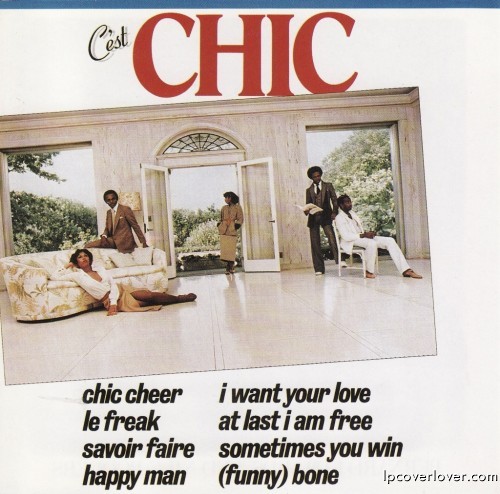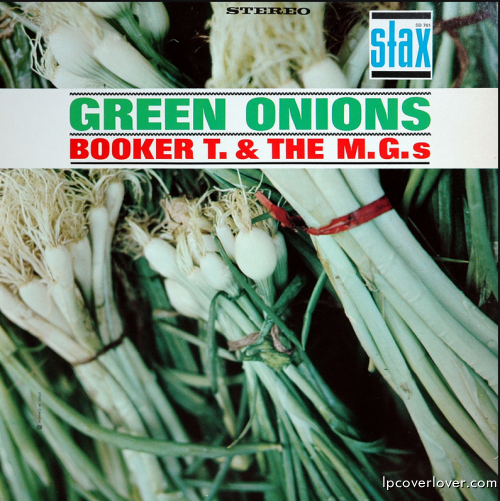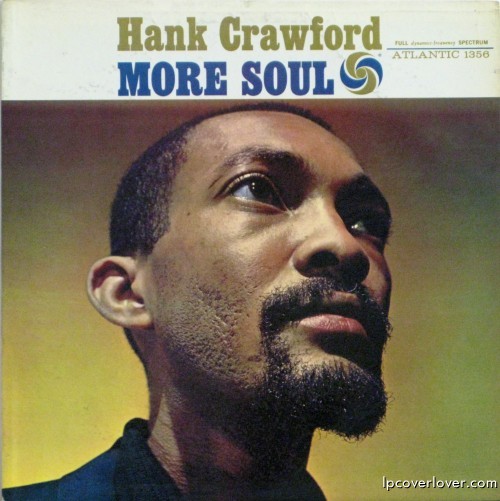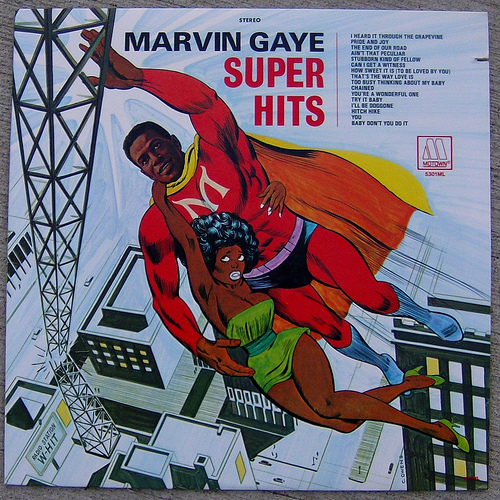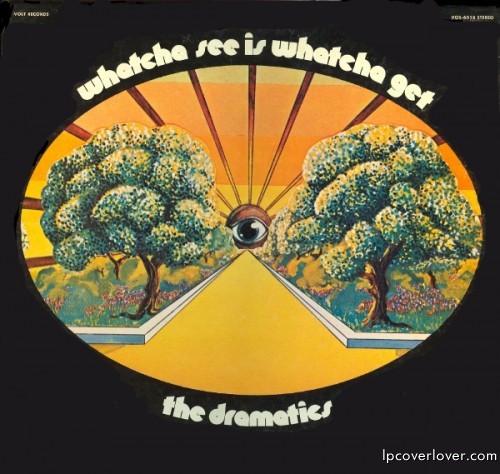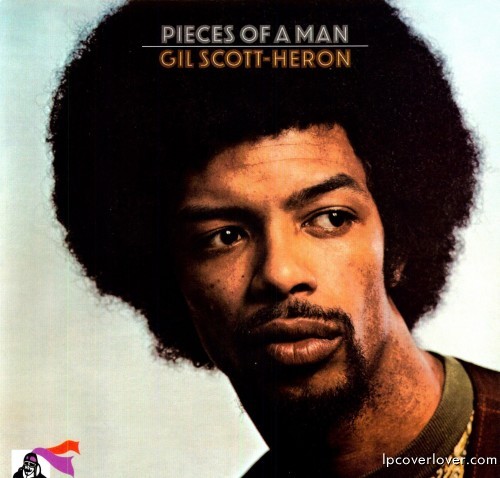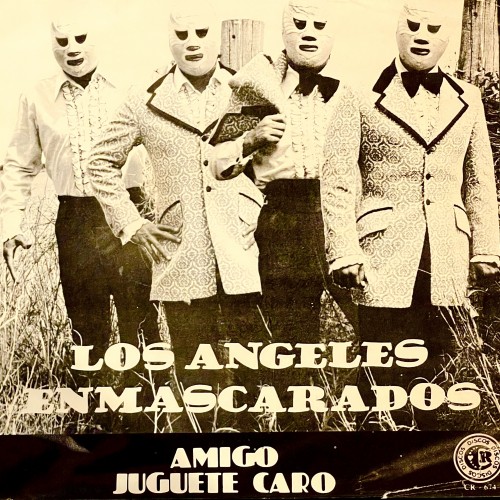
“The Ice Man Cometh” Jerry Butler Mercury Records (1968) I love this guy. As a teenager he sang with Curtis Mayfield in Chicago and penned and sang lead on the Impressions first hit “For Your Precious” love.
Here’s a sweet one from The Ice Man: Never Gonna You Up
Here’s an enthusiastic review from Soul Makossa (check out his recommendations for more great music).
Although mostly recorded in Philadelphia, this album by soul troubadour Jerry Butler is in the Chicago Soul vein all the way; it’s too hard and gritty to be called ‘Philly’ – which wouldn’t surface as a genre until the early ’70s – despite the beautiful arrangements and sometimes huge orchestration.
Teaming up with future hitmakers Gamble and Huff, Butler cut his finest LP in 1968 with ‘The Iceman Cometh’. Veering between uptempo soul nuggets and truly magnificent, haunting ballads, many a contemporary R&B artist found inspiration in it and plenty of its tunes were covered well into the ’70s.
One of Butler’s best loved cuts, the bouncy, mid-tempo romper “Hey Western Union Man” became nothing short of a standard and the same can be said for the gently cruising gospelfide rockin’ soul beater “Only the Strong Survive”, one of the centrepieces on Elvis Presley’s comeback album ‘From Elvis In Memphis’.
Speaking of Memphis, the horn heavy “Can’t Forget About You, Baby” smacks of that big brassy Stax sound. A ferocious floorshaker, drenched in the sweet, purring vibe of the Hammond organ and embellished with the right amount of strings. Butler’s pleading, warm voice is at its best here, especially on the chorus. Decidedly more Windy City is the breezy, mellow “How Can I Get in Touch With You”, with its warm jazzy guitar, vibes and swirling violins.
And then there’s that deliciously groovy, laidback ballad “Just Because I Really Love You”, where the horns stretch out in suspense and the piano sounds dark and ominous. That same spooky atmosphere hangs around the brassy intro to “Lost”, a shufflin’, brooding piece sporting a crashing back beat, which works its way up to an anthemic, jubilant chorus.
Another soon-to-become evergreen appears in the guise of the slow burning “Never Give You Up”, a brilliant pop-soul confection covered by everyone from The Jacksons to Isaac Hayes. Equally snappy is the soft, despondent lament “Are You Happy”, with more subtle orchestration and another heart wrenching vocal.
Up next are two superb, dark, intensely sad ballads: the ghostly “(Strange) I Still Love You”, with its ethereal backing vocals, churchy organ and weeping strings, and the truly goosebump inducing “Go Away – Find Yourself”, an unbelievably touching, sweet rendering, majestically orchestrated.
Butler ends this magnificent longplayer on a more upbeat note, as he swoons, croons and wails his way through the country soul gem “I Stop By Heaven”.
A masterpiece.

Loading ...

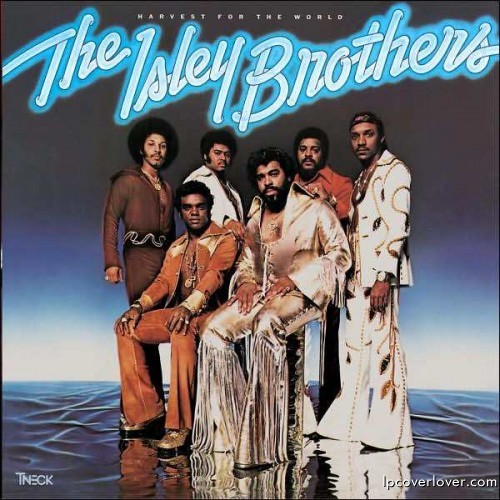
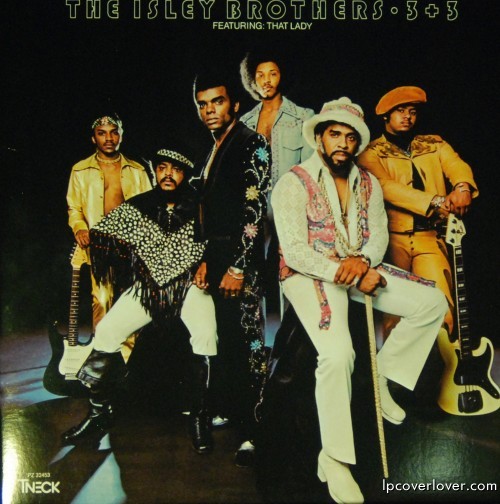
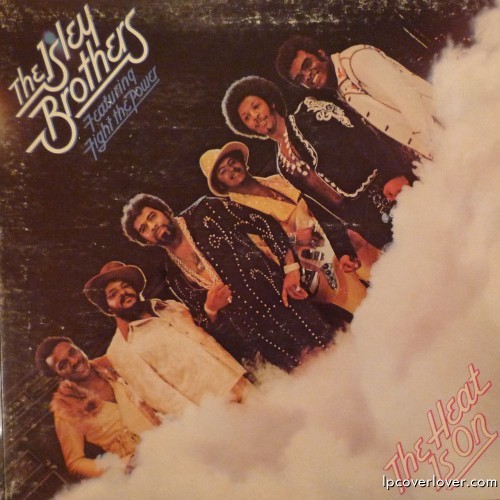
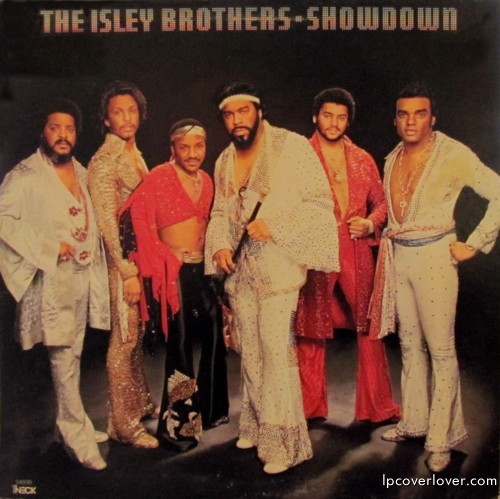
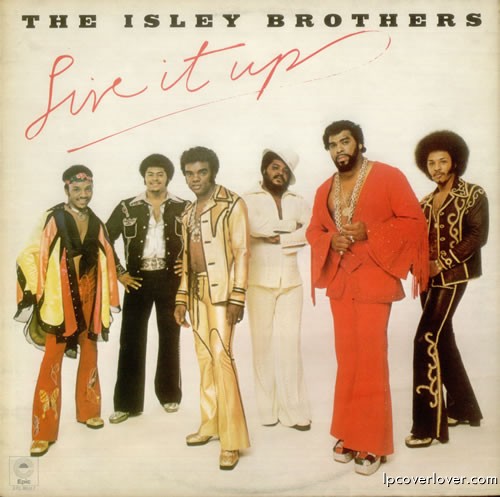


 (42 votes, average: 3.71 out of 5)
(42 votes, average: 3.71 out of 5)